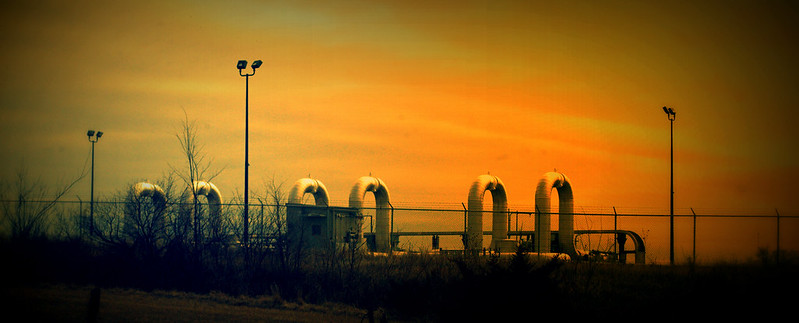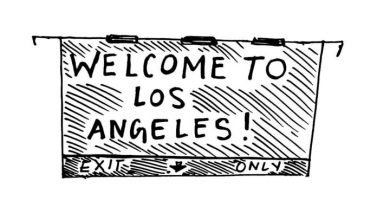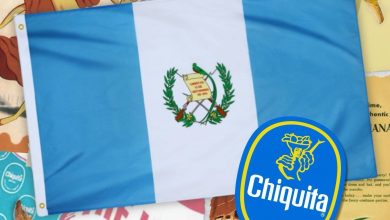North Dakota Oil Spill is an Example of Government Greed

Photo of TC Keystone Oil Pipeline Creative Commons Attribution 2.0 Generic License.
On Oct. 29, many environmentalists’ worst fear came true when a leak was discovered in the Keystone pipeline system. Approximately 383,040 gallons of crude oil were released into remote wetlands near Edinburg, North Dakota before the leak was detected.
Early reports from TC Energy estimated that the leak had impacted approximately 2,500 square yards of land. On Tuesday, the company updated its data to show that the area affected by the spill is close to 4.8 acres, which is nearly ten times the initial disclosure.
The Keystone Pipeline system is owned by TC Energy, formerly known as TransCanada, and carries crude oil from the Alberta Tar Sands to refineries in the Gulf of Mexico. The most recent leak occurring in the Phase 1 section, which began operations in 2011. The pipeline’s history of spills has drawn widespread protests from environmentalists and Indigenous activists.
After receiving permission from the U.S. Pipeline and Hazardous Materials Safety Administration, TC Energy resumed operations of the failed section of pipeline on Nov. 11. The original cause of the leak is still undetermined.
The apparent failure of TC Energy to prevent environmental disasters has reignited debate about its controversial Keystone XL project. This project includes a proposed extension to the pipeline which, since it would cross international borders, requires a Presidential Permit. Permission for the extension was denied during the Obama administration, but was quickly approved by President Trump after he took office in 2017. However, lawsuits by states and individuals have so far prevented construction from beginning.
This is the second major spill in the Keystone pipeline in the last two years, following a 2017 leak of 400,000 gallons of oil in South Dakota, and the fourth since the pipeline began operating in 2011. These figures are significantly higher than those estimated by TC Energy during its project proposal, inspiring skepticism that the Keystone XL addition will be as safe as the company says.
“This is exactly the kind of spill we are worried about when it comes to Keystone XL being built. It has never been if a pipeline breaks but rather when,” said Joye Braun, an organizer for the Indigenous Environmental Network, in reference to the October spill.
The current pipeline and its proposed additions snake through thousands of miles of land occupied by the United States, including farms, wildlife habitat, and the Ogallala aquifer, which supplies most of the water for the agricultural Midwest. Most importantly, it intrudes on Indigenous lands, and violates legally binding treaties between the federal government and Indigenous tribes. The affected communities were not consulted by the government, nor did they give their consent for this corporate trespassing. According to the National Institutes of Health, exposure to crude oil has been linked to organ damage, infertility, immune system suppression, blood disorders, and genetic mutations, among other things, and communities exposed to crude oil through pipeline leaks are at higher risk of developing these symptoms. By denying tribal sovereignty and imperiling access to clean water and a safe environment, the government is continuing its seemingly endless oppression of Indigenous communities.
In remembering the settler-colonial origins of the United States, the reasons behind its continued failure to respect Indigenous communities becomes more apparent – the system was never meant to protect them in the first place. From land expansion to resource extraction, their destruction has consistently benefitted the powerful. By continuing to side with corporate interests after egregious environmental violations like the recent oil leak, the government and its supporting institutions bear full responsibility for the harm caused to the land and the people. Despite a flimsy discourse of Native American protection, the United States government and its corporate allies are showing through their actions that industry interests come before human lives and livelihoods.




